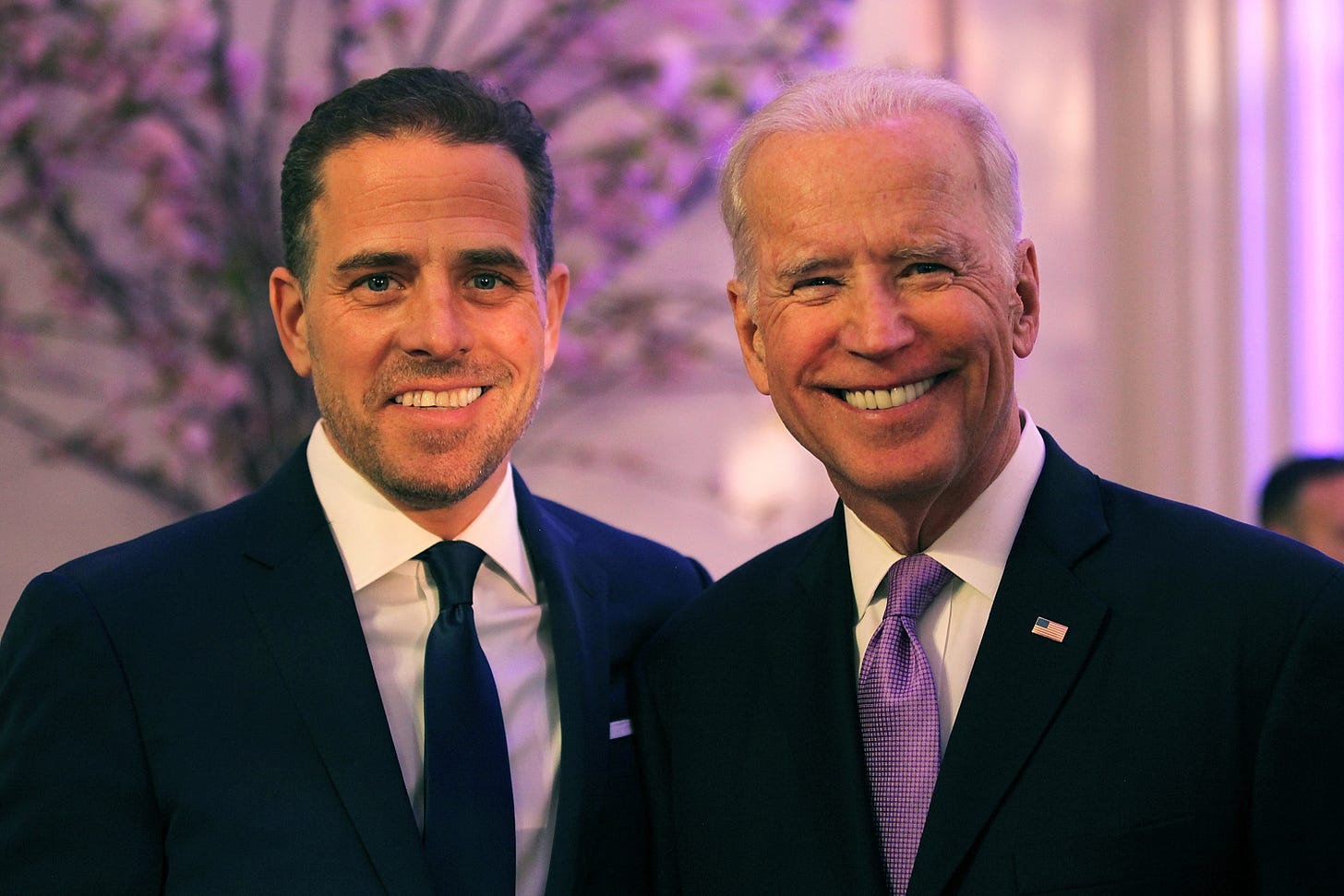What are men?
An interview with The New York Times on toxic masculinity and political culture

Dear Inklings,
We’re almost at the weekend. Almost.
Today I want to share something I was very proud to take part in, an interview with the “In Her Words” newsletter of The New York Times, in which I talked about toxic masculinity, the male terror of weakness that so often masquerades as strength, and the way mask-wearing and other common-sense precaution…



